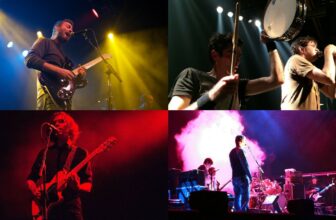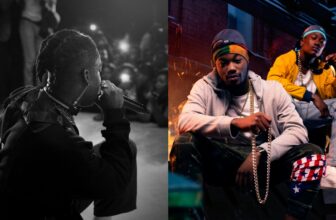The 10 Worst Music Genres in The World

With well over 1,300 music genres in the world, it should be no surprise that some are more hated than others. In this article, we’ll go through 10 of the worst genres of music in the world.
Disclaimer: Of course, it’s not fair to hate on entire genres. Many people dislike certain genres because they dislike the most popular artists within those genres, while others are disliked because people simply don’t understand them. Some class certain genres as being generic, overly commercial, or lacking in substance. This can bring up a can of worms debate about the subject of authenticity in music and selling out, with music snobs clashing with music philistines on opposing ends of the spectrum (as always, having an opinion somewhere in the middle tends to be the most reasonable!).
Now with my disclaimer out of the way, let’s get onto the list… the following genres are certainly among the ones that get the most amount of haters!
Contents
1. Country
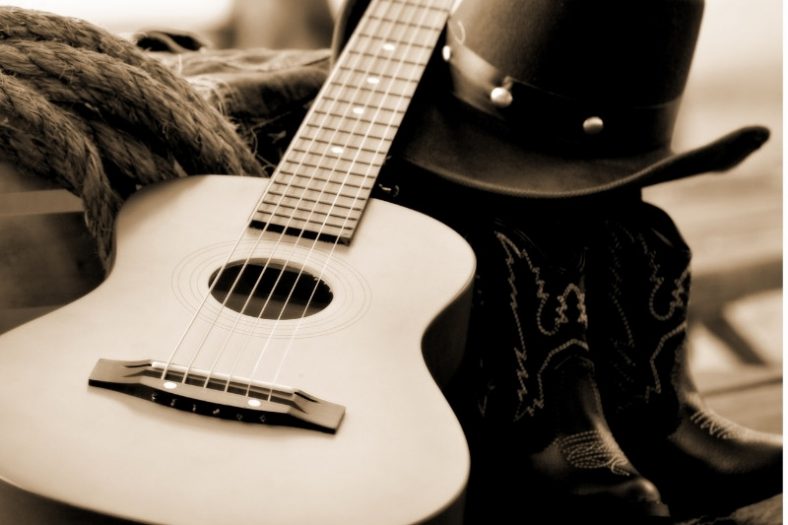
Country music started to gain popularity in the 1920s in the southern United States. Nowadays, the popularity of this original, authentic genre has faded. A big reason for this was the shift from country music to more pop-like country music that would appeal to a larger fan base. As a result, many country music fans started to dislike the direction of the industry.
Most reports that criticize country music talk about the fakeness of the singers. Many think they aren’t living a country lifestyle, have an exaggerated southern accent, and wear cowboy outfits. The criticism is not necessarily about the music genre, as it is more about the artists promoted by the industry.
2. Pop
The main criticism modern pop music receives is that it sounds re-hashed, boring, and lacking in creativity. We’ve even written a post that explores this in more detail (10 Reasons Why Pop Music Sucks!).
Of course, we can’t dig at an entire genre. The pop industry has certainly come out with some great songs!
The truth is that everything popular is going to generate some levels of hate. It doesn’t matter if the artists are talented or not. If a song becomes popular, some will hate it.
Most of the criticism surrounding pop music is that it’s far too much about appearances, too corporate, that the songs are way too generic, and that autotune is overused. At its core, pop music aims to deliver what the masses want. This inheritably leads to controversy, and many will contend that pop music is about business and entertainment rather than the art form of music.
3. Rap
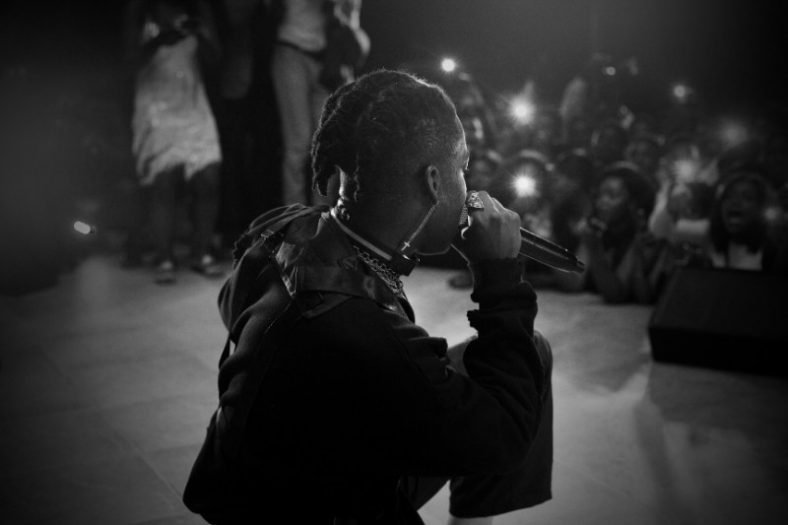
Rap is one of those genres that faces a lot of hate and controversy. Some for justifiable reasons, others not.
Of course, those that hate on the entire genre will cite quick examples of songs with foul language, explicit topics, and obnoxious disrespect towards women. Granted, some rap artists are very guilty of all these things!
However, rap is an incredibly diverse genre that can cover many different topics and issues. Rap songs also require a style of wordplay and poetry that certainly make it an art form in itself; it requires a lot of skill to rap very well.
The rule for rap music should apply to all genres on this list: Your overall love or hate should be assessed on an artist-by-artist level, or at least on the sub-genre level, rather than the entire genre!
4. Nightcore
The term “nightcore” was coined in 2001. Because more people applied the nightcore treatment to a wider variety of non-dance genres, such as pop and hip-hop music, the genre grew in popularity.
Nightcore is often considered a bad genre because many of its songs are crude remixes of popular songs with increased tempos and high-pitched voices.
While the original artists are usually credited, many still see this as a lack of creativity.
Numerous nightcore music videos feature scenes from anime. Anyone that doesn’t like anime probably won’t like any nightcore music videos.
5. K-Pop
K-pop music is often underappreciated because people see it as a cheesy commercial pop genre, while they also do not understand the lyrics.
Some even find it a problem that English words are often included. The argument that K-pop music isn’t proper music stems from a lack of understanding of music, just like the idea that all songs sound the same!
K-pop has been growing in popularity in the past years. This in itself leads to more people hating the music genre because of the already mentioned “rule” that what is popular will always get some degree of hate.
6. Emo
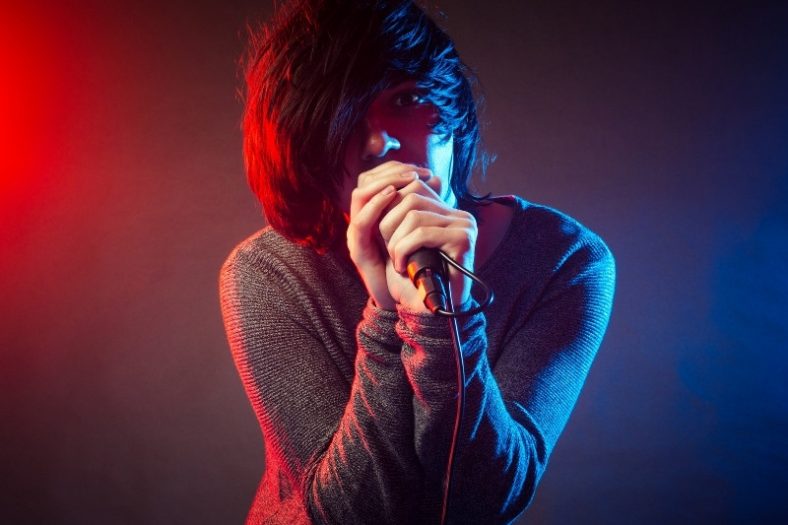
Emo music is often associated with “emos,” who can get looked down upon for being antisocial, sad, and very introverted. For some, this association certainly leads to negative connotations for the entire music genre.
Emo music talks about topics that many would rather just ignore. Also, we cannot overlook emo fashion, which was a rebellious statement made against what was considered to be traditional or normal.
As a result, emo music gets a lot of hate because it’s associated with a fashion style that many see as portraying negative feelings.
7. Dubstep (Brostep)
The dubstep that most people know of is a music genre that puts a lot of emphasis on aggressive, glitchy synths and distortion.
The original dubstep genre was completely different from this. It was relatively minimal and put a lot of focus on the sub-bass. Those that appreciate the original dubstep generally are not fans of them sharing the same name and often refer to this newer popular genre as “brostep.”
One of the main problems with brostep is that the emphasis was shifted to the mid-range frequencies, with sub-bass being secondary. This was mainly done to make them sound better on poor quality speakers, such as phone speakers. Songs were made to sound way more aggressive, and heavy mastering was applied to them, driving the overall volume and compression up.
As brostep became a mainstream genre, it also got a lot of hate for reasons similar to pop music (commercialism, vanity, and a priority of entertainment over art).
8. Country Rap
The beginning of modern country rap may be found in Kid Rock’s “Cowboy.” It started as a trend in which hip-hop producers mixed country music into their own songs.
The simple existence of country rap music can make people mad since it combines two genres that are already controversial or at least not very appreciated. While the combination of country and rap is not as mainstream as other music genres mentioned in this list, it does get its share of hate.
Country rap music features traditional country musical instruments and rap beats, usually with a sung chorus and several rap verses.
9. Trap
The original trap was a southern rap subgenre, which often included explicit lyrics. Modern trap music has become a lot more mainstream, which has alienated some of its original fans.
One of the main reasons people hate trap music is simply because of how overly popular and saturated the genre has become. The simplistic trap drum beat started to flow over to other genres, which also got a similar level of hate.
Another commonly mentioned reason people hate trap music is the nonsensical lyrics, usually with excessive, random swearing.
Even if the trap rappers’ singing is good, the songs often lack content, which goes against hip hop’s original roots.
10. Death Metal

Death metal gained a lot of negative attention in the media as the genre was often blamed for the incitement of crimes. This is because the music and lyrics are both often aggressive. The explicit images on the clothes worn by fans and artists also did not help.
Several death metal albums were banned from being sold in many countries. This in itself is enough to understand the hate the genre gets.
The hate for metal music is very overgeneralized, and fans may like metal music for very valid reasons, which you may appreciate after reading our article on why people like metal music.
Summary
If anything in this list gets you angry, it’s probably not because of musical insufficiency or whatever, but because it has become so mainstream that many people simply cannot avoid exposure to it.
Because these genres have become so popular in mass culture, they do not represent art anymore, but propaganda for corporate brands. The artists behind them are there to make money, not produce works of art.
This opinion is understandable, because the majority of people like music that makes them feel happy or excited (commercial music genres), but not necessarily deep and thought-provoking. Therefore it’s very frustrating for people who want to find positive energy through art but instead are bombarded with a subpar product meant only to make money.

